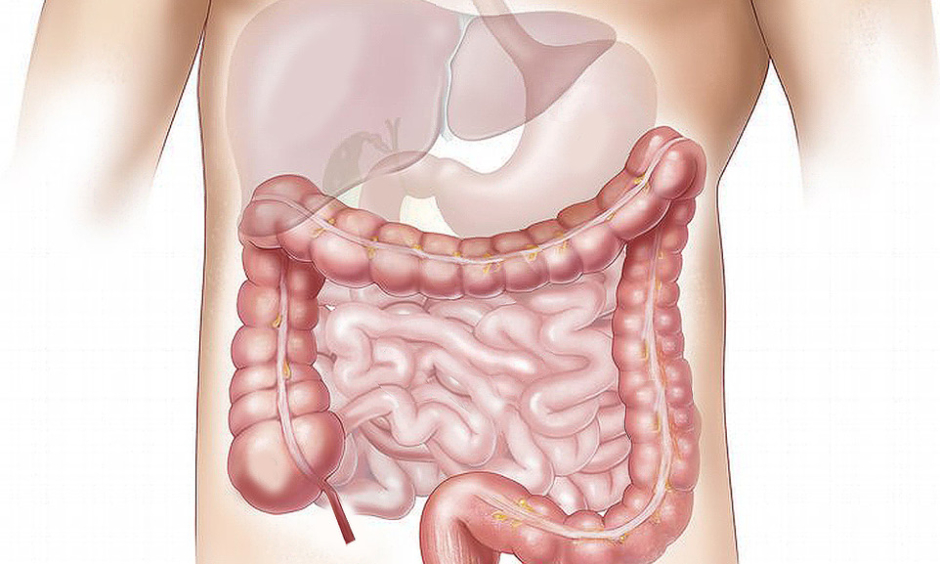LONG-LIVING macrophages in the gastrointestinal system play a crucial role in ensuring that the intestine functions normally in mice, researchers from KU Leuven, Leuven, Belgium have found. The discovery could enhance understanding of human diseases such as diabetes, which are linked to abnormal gastrointestinal function and also neurodegenerative conditions such as Alzheimer’s disease; this is because there are similarities between the role played by intestinal macrophages and microglia in the brain in ensuring the survival of nerve cells.
Vital Function
“If the long-lived macrophages don’t do their job properly, already after a few days the mice suffer from digestive problems. This leads to constipation or even the complete degeneration of the nervous system in the stomach and intestine,” explained PhD student Sebastiaan De Schepper, KU Leuven.
Previously, scientists thought that macrophages in the intestine only live for around 3 weeks before being replaced by new cells in mice and humans. In this new study, however, the KU Leuven team found that certain macrophages, which are located in specific parts of the intestine and have particularly close contact with nerve cells and blood vessels, were able to function after a period of at least 8 months.
New Discoveries
The findings could pave the way for new insights into the mechanisms of a number of diseases linked to problems in the intestine as well as the brain, potentially leading to new treatment pathways being identified. “Next, we want to study the role of long-lived macrophages in human diseases where nerve cells of the intestine are affected, for instance in obese and diabetic patients with abnormal gastro-intestinal function,” said Prof Guy Boeckxstaens, KU Leuven. “Moreover, the results can also be meaningful for brain research. In the brain, we have microglia, similar long-lived macrophages that play an important role in neurological conditions such as Alzheimer’s and Parkinson’s disease. Scientists currently believe that nerve cells in these patients die off because microglia do not provide sufficient care. Maybe one day research of the intestine can offer us a better understanding of these brain conditions.”
In addition to helping enable different tissues in the body to grow and function correctly, macrophages also destroy harmful bacteria after distinguishing them from harmless bacteria and nutritional components. Therefore, fully understanding their impact in areas such as the intestine is crucial for medical research.
James Coker, Reporter
For the source and further information about the study, click here.








